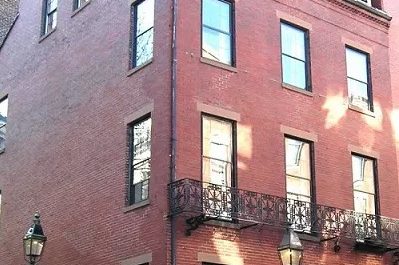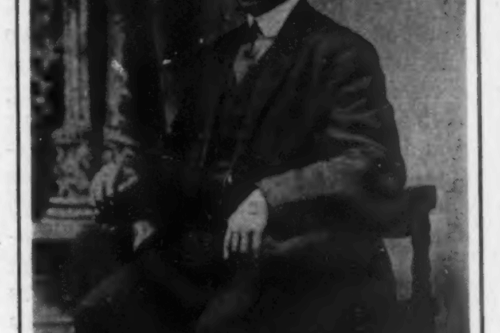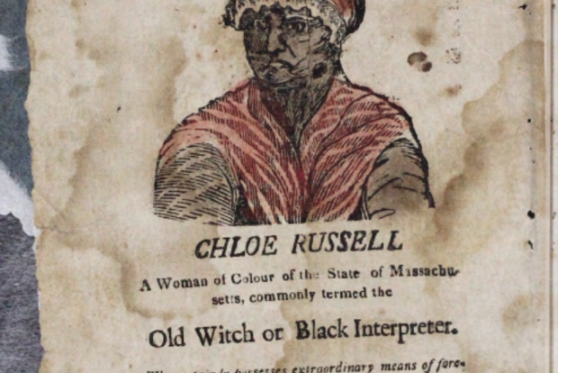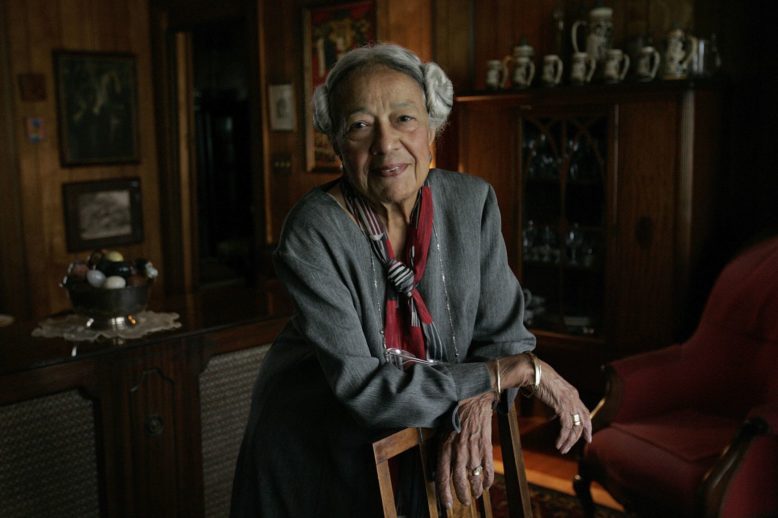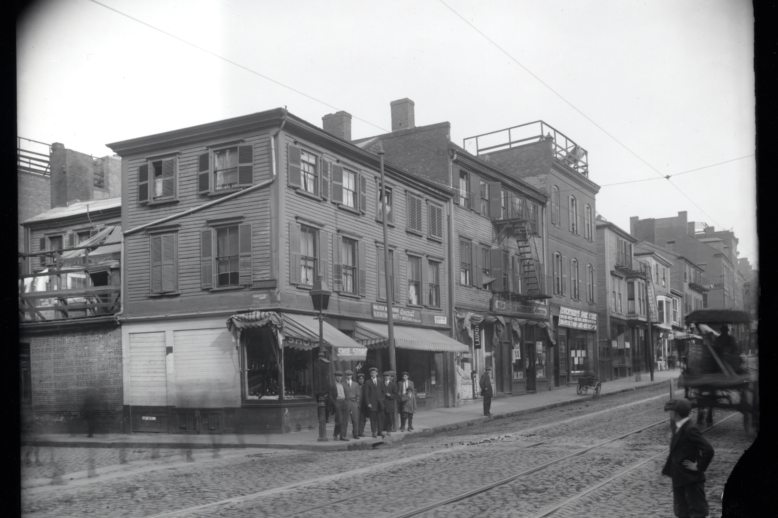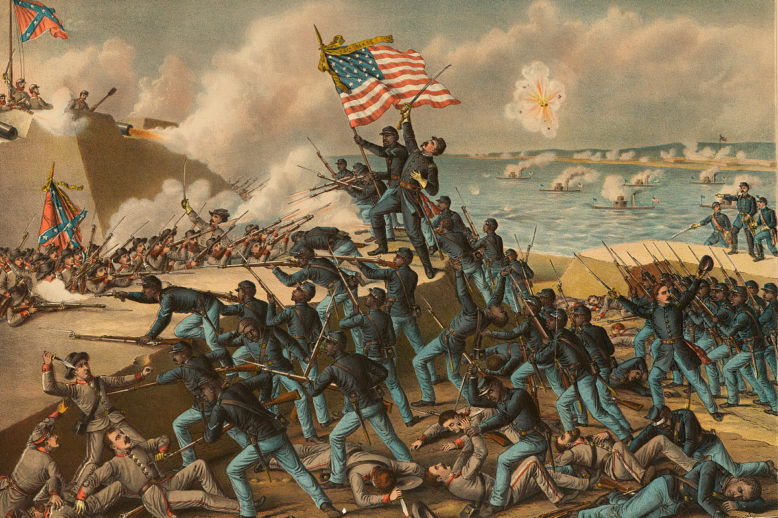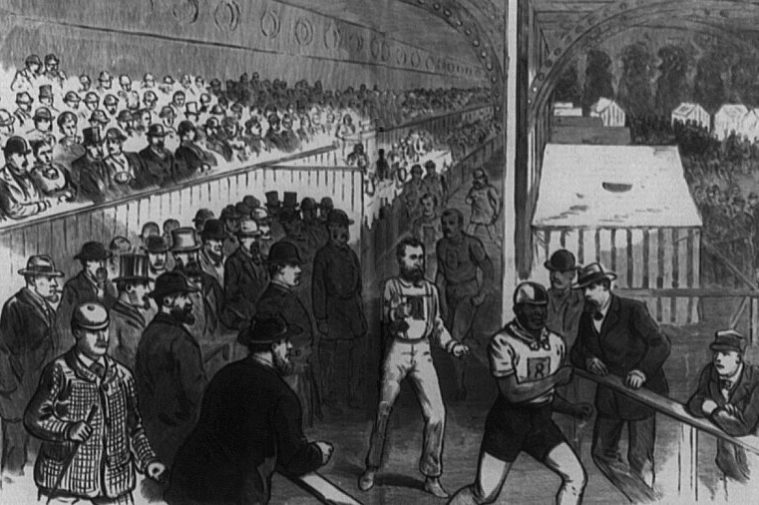Topic: African Americans
Black West Enders, other Black Americans
John P. Coburn, an African-American clothier, participated in and financially supported the abolitionist movement in Boston. He later ran a gambling house out of his home on Phillips Street, one of the sites of the Black Heritage Trail.
George Washington Forbes was hired by the West End Branch of the Boston Public Library when it opened in 1896, and thus became the first Black librarian working in the BPL system. At the West End Branch, Forbes served the neighborhood’s Black and Jewish communities until his passing in 1927.
Chloe Russell, a Black woman who owned property on Belknap Street in the West End during the nineteenth century, was the attributed author of The Complete Fortune Teller and Dream Book in an era when fortune telling and dream interpretation was popular and entertaining.
Adelaide Cromwell, the late sociologist who taught at Boston University and founded BU’s African American Studies program in 1969, documented and visualized the West End’s historic Black community in the 1800s.
At the age of five, Sarah Roberts was at the center of a lawsuit against racially segregated public schools in Boston in 1847. Roberts, a Black girl, was denied the equal right to attend the public school of her choice, forced instead to walk past five public schools to the Black-only Abiel Smith School in the old West End.
Historic New Year’s Celebrations in the West End The West End was home to many New Year’s celebrations at sites of community for the neighborhood’s Black residents, Polish Catholic residents, and Jewish residents. Like all neighborhoods of Boston, and the entire country, the West End has been home to many distinct celebrations of the new…
The 54th Massachusetts Infantry Regiment was the Union’s first free Black regiment of the Civil War. The Massachusetts Black regiments were all deeply linked to the West End, from which they were advocated for, recruited, and organized. The 54th is memorialized in a bas relief on Boston Common, and in the 1989 film “Glory”.
Pedestrianism, or competitive walking, was a nationally popular sport in the 1870s and 1880s. The old West End was captivated by local competitions and news of world record-breaking pedestrians such as Boston’s Frank Hart, the most successful African-American pedestrian in the 1880s.


